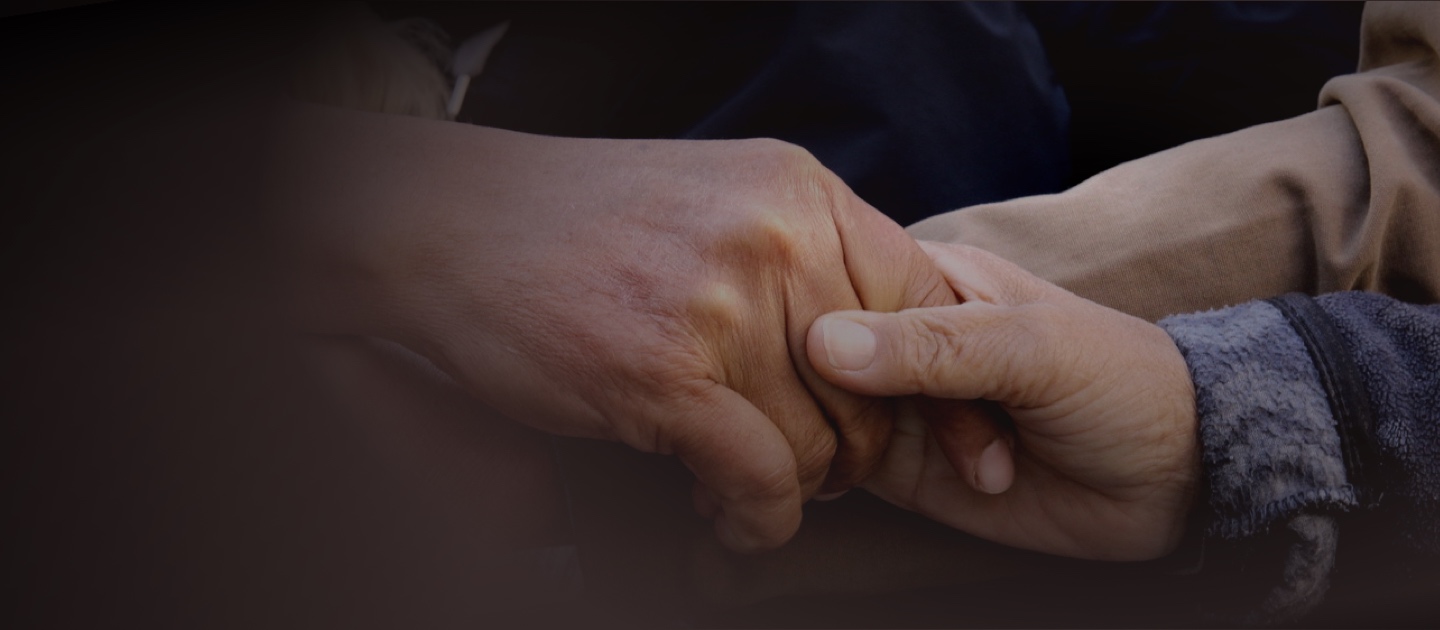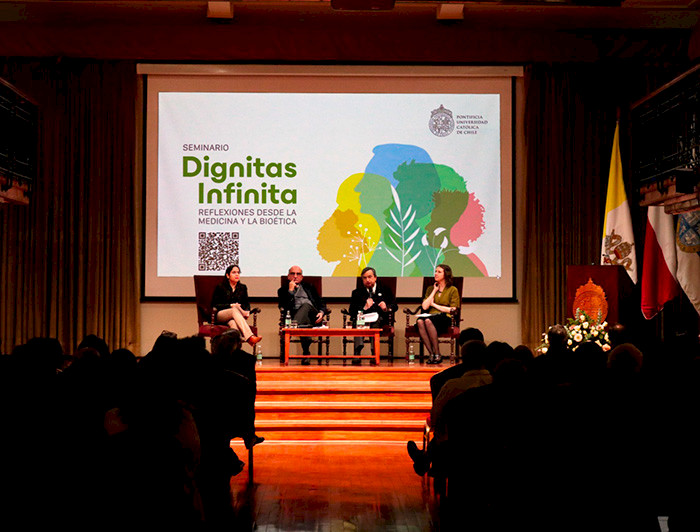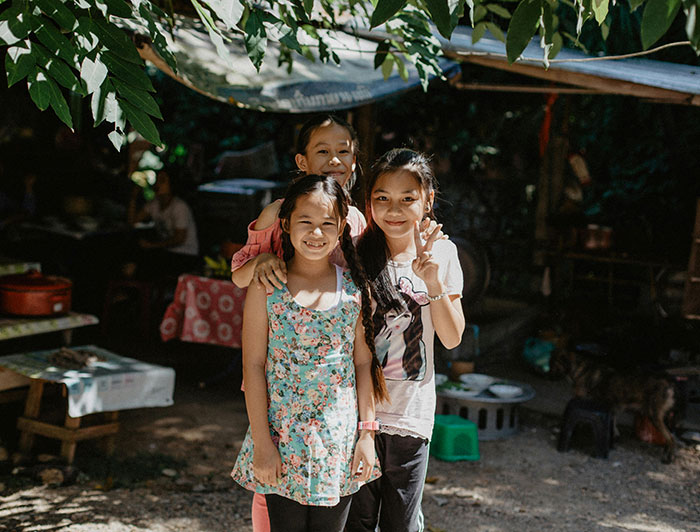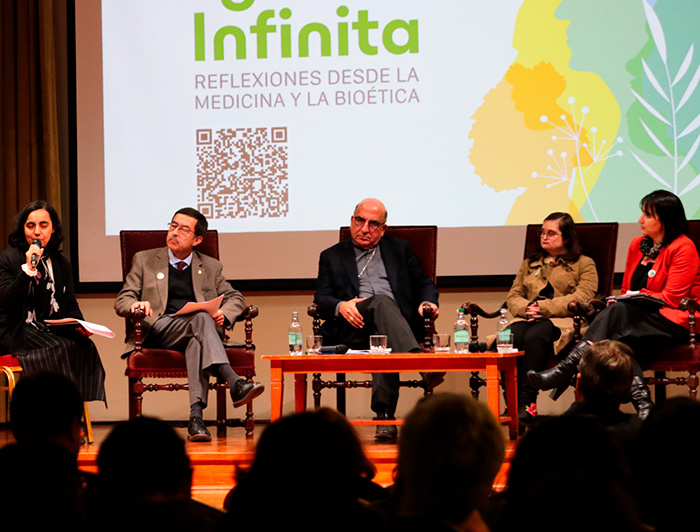
How Can We Put Human Dignity at the Center?
06 June 2024
Human dignity is inherent to every person, regardless of any circumstance or context. This is the main message of “Dignitas Infinita,” a declaration recently published by the Vatican and explored in a meeting organized by the UC School of Medicine and the UC Center for Bioethics, whose main speaker was the Archbishop of Santiago and Chancellor of the UC Chile, Monsignor Fernando Chomalí.

photo_camera President Ignacio Sánchez, who opened the meeting, discussed the four dimensions of human dignity highlighted in “Dignitas Infinita.” (Photo by: César Cortés)
“This declaration states nothing new,” said the Archbishop of Santiago and Chancellor of the UC Chile, Monsignor Fernando Chomalí, regarding the Dignitas Infinita (Infinite Dignity). “What it does is compile the Church's magisterium into 116 quotations, including those of the Second Vatican Council, Pope Benedict, Pope Francis, Pope John Paul II, and numerous theologians.”
Published on April 8 by the Dicastery for the Doctrine of the Faith, this text took five years to draft and centers on human dignity. It reaffirms the ontological dignity of every person, created in the image and likeness of God. This dignity is inalienable and is present in all human beings, regardless of their life status or qualities.
The seminar “Dignitas Infinita: Challenges for Medicine and Bioethics”, held on May 16 at the UC Chile Central Campus -located in the main street of Santiago of Chile- aimed to address this text. The event was attended by more than 130 people, including authorities, professors, students, and professionals from the university community.
Notable participants included Chancellor Fernando Chomalí, President Ignacio Sánchez, and the Dean of the Faculty of Medicine, Felipe Heusser. Additionally, analyses and insights were provided by Haddy Bello, Vice Dean of the Faculty of Theology; Aleksandra Glos, researcher at the UC Center for Bioethics; Iván Pérez, Director of the UC Center for Bioethics; Macarena Lizama, Executive Director of the UC Down Syndrome Center; and Carmencita Vial, student at the UC Down Syndrome Center. The meeting was led by Paulina Ramos, Deputy Director of the UC Center for Bioethics.
Dimensions of Human Dignity

President Ignacio Sánchez, who opened the meeting, discussed the four dimensions of human dignity highlighted in "Dignitas Infinita."
He first emphasized the ontological dignity, which stems from the fact that humans are created by God and participate in Christ's redemption. This dignity is also recognized outside the ecclesiastical sphere, such as in the 1948 Universal Declaration of Human Rights, and remains valid regardless of context or circumstance.
Next, he mentioned moral dignity, which considers the inherent freedom of every person. Sometimes people commit acts that seem to erase their humanity by causing severe harm to others. Even so, they do not lose their ontological dignity and must work towards repentance and redemption.
The President then described social dignity, which relates to the material conditions in which people live. Many people endure poor socioeconomic conditions that hinder their ability to lead a full life. Unworthiness here refers not to the person suffering but to the life conditions that contradict their inherent ontological dignity.
Lastly, he spoke about existential dignity, linked to non-material circumstances that hinder people's flourishing, such as serious illnesses, domestic violence, or drug addiction. Those affected may feel unworthy, but this should not overshadow their intrinsic dignity.
President Ignacio Sánchez also stressed the importance of the seminar for fostering “a deeper reflection on human dignity, raising awareness of current threats, and contributing tangibly to the respect owed to every person, regardless of circumstances.”
“When this elementary principle is not safeguarded, there is no future, neither for fraternity nor for the survival of humanity”, said Dean Felipe Heusser, highlighting specific and serious violations of human dignity that call for deep reflection:
- Abortion: “which denies the dignity of the unborn, the most defenseless and innocent of human beings, under the euphemism of termination of pregnancy.”
- Surrogacy: “which turns the woman and the child into mere objects.”
- Euthanasia and assisted suicide: “increasingly accepted worldwide as death with dignity, rather than focusing on alleviating the suffering of the terminally ill and elderly.”
- Rejection of people with disabilities: “to which we should not be indifferent.”
This meeting calls for a “deeper reflection on human dignity, awareness of current threats, and tangible contributions to respecting every person, regardless of their circumstances.” - UC Chile President Ignacio Sánchez
Share
God's Love: The Reason for Our Existence
The name Dignitas Infinita (Infinite Dignity), comes from a quote by St. John Paul II during an Angelus with people with disabilities, affirming that this dignity “goes beyond all external appearances or characteristics of the concrete life of people” (Dignitas Infinita, Presentation).
“What this text conveys about essential dignity, the ontological dignity, is that God does not love us because we exist; we exist because He loves us. The ultimate reason for our existence is the love of God. Therefore, from a theological perspective, it is said that God has thought of each one of us since the beginning of time,” said Chancellor, Monsignor Fernando Chomalí.
One of the topics discussed in greater depth was “Person, Body, and Health”, in a panel moderated by Jaime Godoy, Director of the Secretariat of Ethics, Professionalism, and Humanities of the UC School of Medicine.
“The question lies in understanding healing—both physical and spiritual—as an integral process,” said Professor Haddy Bello. “The statement emphasizes dignity and distinguishes several levels of the concept, many of which provide common ground for non-believers. For example, social dignity invites us to seek these types of arguments and intellectual bridges while remembering that we are responsible for 'the image of God entrusted to the freedom of man (or woman),'” added researcher Aleksandra Glos.
Dignitas Infinita and Medical Practice

Patricia Olivares, Director of the Master's Program in Bioethics, moderated the second session. Iván Pérez, Director of the Center for Bioethics, reflected on the intersection of medical practice and dignity, describing it as a lived experience in daily interactions with patients. He highlighted two support programs developed by the School of Medicine, Acompañar-es and Levantar-es, which recognize and affirm human dignity throughout different stages of life.
Carmencita Vial, a student at the UC Down Syndrome Center for the past 10 years and an employee at the School of Medicine, engaged in an honest and straightforward conversation with Professor Macarena Lizama, stressing the importance of integration and respect for all individuals, regardless of differences or any existing conditions.
According to the document Dignitas Infinita, there are thirteen violations to a person’s dignity. These include:
1. The Drama of Poverty
2. The Tragedy of War
3. Abuses Against Migrants
4. Human Trafficking
5. Sexual Abuse
6. Violence Against Women
7. Abortion
8. Surrogacy
9. Euthanasia and Assisted Suicide
10. The Rejection of People with Disabilities
11. Gender Ideology: Sex Change
12. Digital Violence.




